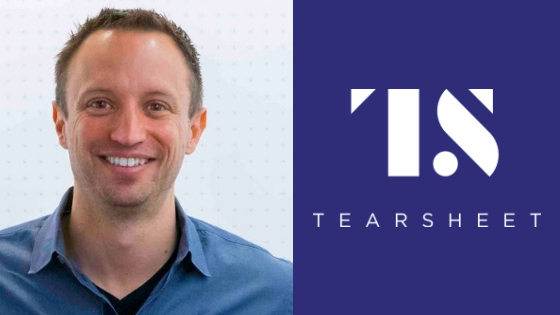Finance Everywhere, Insurtech
Insurtech and traditional insurers: the changing dynamics of the insurance industry
- The idea that insurtech firms and traditional insurers are in competition might be an outdated one.
- Experts argue the way forward for the industry is a collaborative approach between old and new insurers.
Subboh Jaffery | August 18, 2022
Insurtech, Podcasts
Fabric’s Adam Erlebacher: ‘No one wakes up thinking about how to buy life insurance’
- Buying life insurance via digital channels isn't just about getting a policy.
- Firms like Fabric are using a collaborative planning process to nudge customers the right way.
Michael Deleon | September 09, 2019
Insurtech
‘Insurance brokers aren’t going anywhere any time soon’: Behind Azur’s decision to structure as a Managing Digital Agent
- A lot of tech firms are trying to disintermediate insurance brokers.
- Azur took a different approach of trying to empower them.
Michael Deleon | May 30, 2019
Insurtech, Podcasts
Haven Life’s Yaron Ben-Zvi: ‘People don’t wake up in the morning wanting to buy a policy’
- Yaron Ben-Zvi set out to build an insurance product to scratch his own itch.
- Now part of MassMutual, Haven Life was born.
Zack Miller | January 24, 2019
Insurtech
Policygenius expands into home and auto insurance
- Policygenius began offering life and disability insurance.
- Now with auto and home, the company gets closer to its vision of a marketplace.
Zack Miller | January 16, 2019








